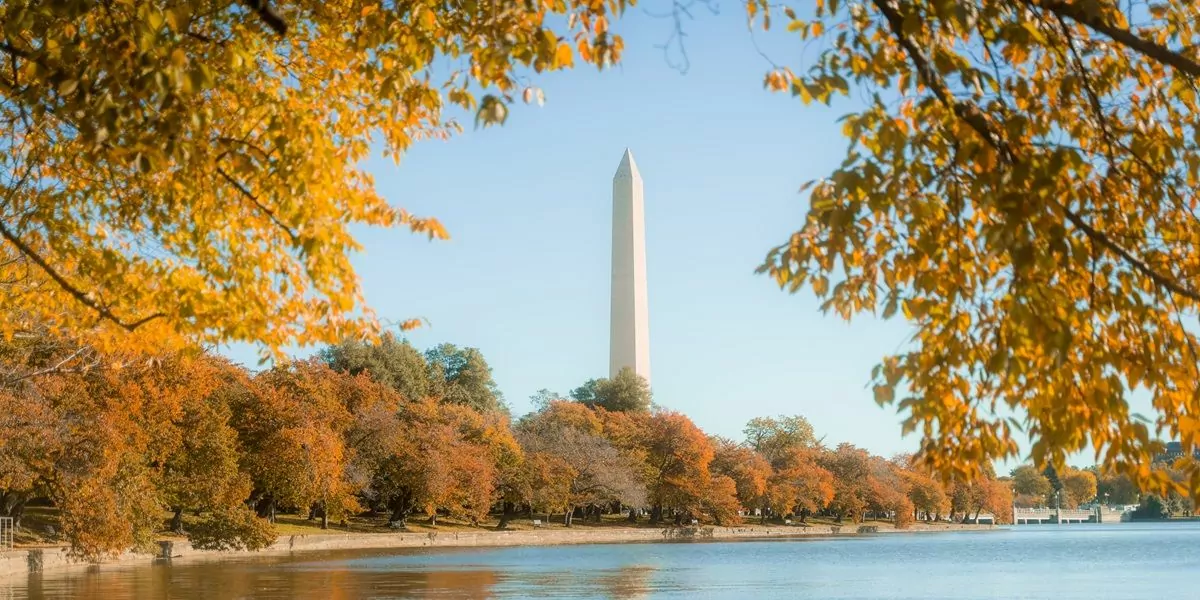5. Tech is moving from essential to existential
From the beginning, at Arival, we’ve always had a big focus on helping operators improve their tech and meet their customers where they already are – online and on mobile. However, the pandemic is accelerating online and advance booking in an industry that’s long lagged in this area.
We heard from KF Lee, deputy CEO of Gardens by the Bay, the iconic Singapore attraction, about how they implemented timed entry, mobile ticketing, and contactless entry in a matter of weeks to reopen.
Our learning: Getting your tech right to support online booking and manage guest volume for health and safety may no longer be about just getting ahead of your competitors, but about simple business survival.
4. Virtual experiences may be a business – for a select few
The debate around virtual tours and experiences continues in our industry, and more operators experiment, but relatively few see significant commercial results. Airbnb is all in with their Online Experiences initiative. As head of Airbnb Experiences for Asia Pacific, Parin Mehta explained,
“We wouldn’t undertake it if this couldn’t be a real business.”
But he also noted that their virtual roster includes some authentic, very special hosts, including Broadway performers, star athletes, and other celebrities that would be out of reach for small tour and activity operators or other platforms without the scale and resources such as Airbnb has.
Our learning: We’ve seen many great virtual initiatives from operators large and small, from virtual tours and cooking classes to online school field trips. If you can make a virtual experience that’s truly distinctive, if it helps keep you connected to your customers, if it helps support your guides or staff and helps market your business, consider exploring them. But don’t bank on much financial impact for your business.
Watch Experiences in APAC: Ask Me Anything with Airbnb full interview here.
3. Sustainability doesn’t have to be sacrificed for survival
Amid the rise of overtourism and growing concern over travel’s impact on climate change, responsible travel had been one of the most important trends over the past five years. But in 2020, does our industry have to put sustainability on the back burner as operators around the world struggle for survival?
We put that question directly to James Thornton, CEO of the tour operator, whose brand is almost synonymous with sustainability in our industry, Intrepid Travel Group. His answer was unequivocal: absolutely not. Sustainable travel can be affordable and accessible, and it’s more important than ever for travel to be thinking about how they can revive their businesses sustainably.
Our learning: We’ve seen in previous recessions good intentions from travelers and travel companies alike thrown to the wayside when times are tough, but the clear-eyed determination from Intrepid and others in our industry give us optimism that sustainability and a global industry priority will survive.
Watch the From the Frontlines: Ask Me Anything with James Thornton, CEO, Intrepid Group full interview here.
Like this? register for our Newsletter to continue the conversation
Sign Up2. Local and domestic markets are where it’s at, for now
The tour, attraction and experiences sector’s recovery is overwhelmingly tied to local and domestic travel:
- OTAs such as KKDay, Klook, and Veltra are making hard, fast pivots into local experiences and services;
- Technology providers GlobalTix and Rezdy see bookings mostly among customers with local or domestic market opportunity;
- Operators big and small are rethinking marketing and products to tap into a secondary segment that is now suddenly crucial to their revival.
Our learning: the most significant shift for operators is rethinking the product and experience more than the marketing. Operators need to get into the heads of locals and domestic travelers – not an easy task when you’ve spent years focused on the inbound traveler.
1. Brace yourself for the long haul
It’s the biggest question on all of our minds: when will travel restrictions ease? When will international travel resume? Even as small pockets of hope emerge, such as special travel corridors for some countries, there are too many unknown variables that could affect travel’s resumption, said Jeannie Lim, the assistant chief executive for policy and planning at the Singapore Tourism Board.
She’s not alone. Klook’s chief commercial officer, Wilfred Fan, didn’t mince words.
“We hope international travel will return in 2021, but we’re not planning on it.”
Our learning: Well, for us, it was more of an affirmation of what we’ve been thinking and saying. Hope for the best, but don’t count on it.
A bonus takeaway: as tough as it gets, our industry is in it for the long haul.
The road to revival will be long and uncertain, but there’s as much desire as ever for the Best Part of Travel to get back to business. Nearly 500 attendees exchanged more than 7000 messages, made 5000 contacts, and demonstrated the energy and passion that makes this the Best Part of Travel.
I asked Airbnb Experience host Tatiya Uttarathiyang, who recently left her successful career as a geologist to host full time if she had any plans to return to her former work. Her words said it all:
“It’s my goal never to have to work in geology again.”
WANT TO HEAR THE IN-INDUSTRY NEWS FIRST?
Arival 360, October 26 – November 5, is a series of four one-day virtual events featuring exclusive insights on current trends and best practices, insights from leading operators, the new opportunities and challenges for online travel agencies, the role of technology providers and destinations across the globe on the challenges we all face – and the decisions we must take – to navigate the many paths to revival.

















